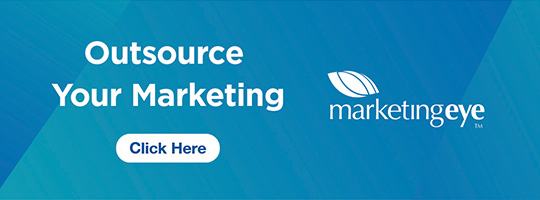In the height of summer, with the Olympic Games capturing the world’s attention, Spanish fashion giant Mango made headlines with a revolutionary advertisement. The ad featured a young woman with black hair against the vibrant backdrop of a souk, promoting Mango’s new “Sunset Collection” for teenage girls. At first glance, the model and the setting seemed like a typical fashion campaign. However, Mango revealed that both the model and the souk were entirely artificial creations. This marked the launch of the AI-generated Deepfake Ads.
Mango’s innovative approach was notable, but it wasn’t the first of its kind. In 2022, Ogilvy Paris had already experimented with AI in advertising, extending Johannes Vermeer’s famous painting in a campaign for Nestlé’s La Latière brand. Alexandre Zilliox highlights the trend, noting, “Generative AI is having a real impact on content creation. We’re seeing more and more ads made 100% by AI.”
As AI technology evolves, it brings both excitement and controversy. Deepfake technology, initially infamous for its potential to create misleading content, is now being repurposed for marketing. Imagine an ad featuring a celebrity endorsing a product in a way that feels entirely authentic, even though the celebrity never actually participated in the campaign. This technology enables the creation of such realistic endorsements, capturing audience attention like never before.
However, this innovative approach raises significant concerns. The main issue is authenticity. With deepfake technology, the line between genuine and fabricated content becomes increasingly blurred. Consumers might find themselves watching ads that appear real but are entirely constructed, challenging traditional notions of truth in advertising. The potential for creating deceptive or manipulative content is a serious concern, raising questions about how these tools might be used to mislead or exploit audiences.
Another pressing ethical issue is consent. Deepfake ads can use the likenesses of individuals—celebrities or everyday people—without their permission. This brings up questions about the ownership of one’s image and the rights individuals have over how their likeness is used. Often, creating these ads involves using existing footage or photos of people without their explicit consent, which can be invasive and exploitative.
Additionally, as deepfake technology becomes more sophisticated, there is a risk of creating increasingly deceptive content. Ads could become not just realistic but also manipulative, blurring the line between persuasive marketing and outright deception. This could lead to a loss of consumer trust, as audiences become sceptical of distinguishing between genuine endorsements and cleverly disguised manipulations.
Despite these concerns, there is a positive side to AI-generated deepfake ads. The technology offers the potential for highly personalised and engaging content, which could lead to more effective marketing strategies and a richer consumer experience. Brands could tailor their advertisements to individual preferences, delivering messages that resonate more deeply and enhancing the relevance of their ads.
As the industry navigates this new frontier, the challenge will be to balance innovation with ethical considerations. By embracing AI responsibly and establishing clear guidelines, brands can harness the benefits of this technology while maintaining consumer trust.
While the rise of AI-generated deepfake ads presents several challenges, it also opens exciting opportunities for the marketing industry. If approached thoughtfully, AI has the potential to revolutionise advertising by delivering more relevant and engaging content. With a commitment to ethical practices and transparency, this technology could become a powerful tool in creating a new era of advertising that is both innovative and responsible.










Comments are closed.